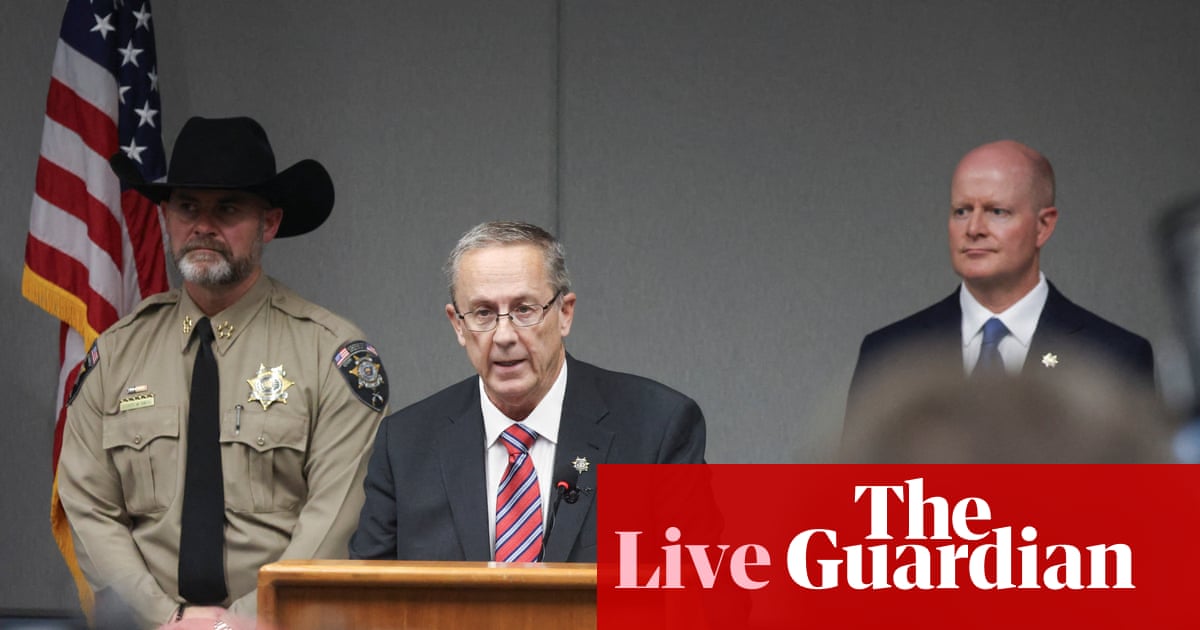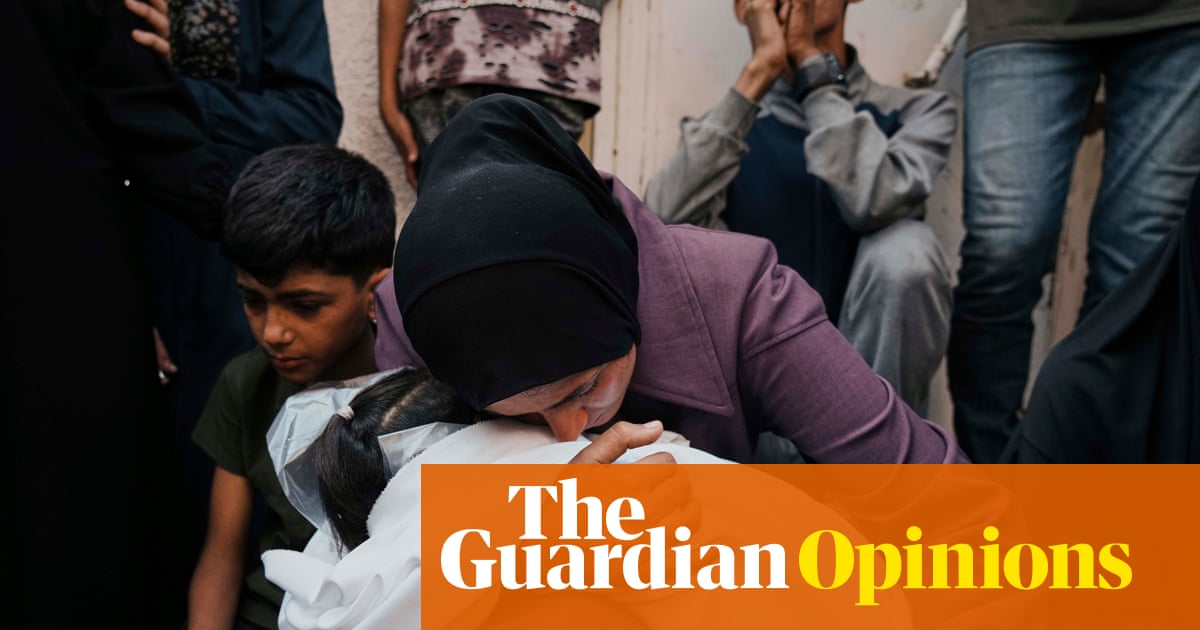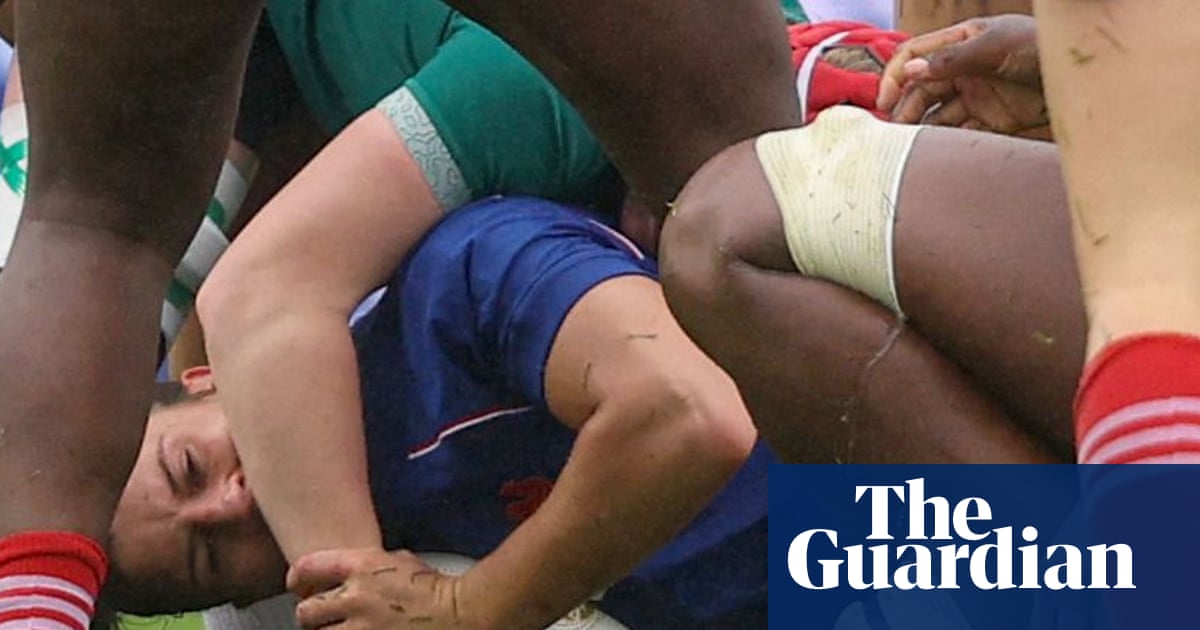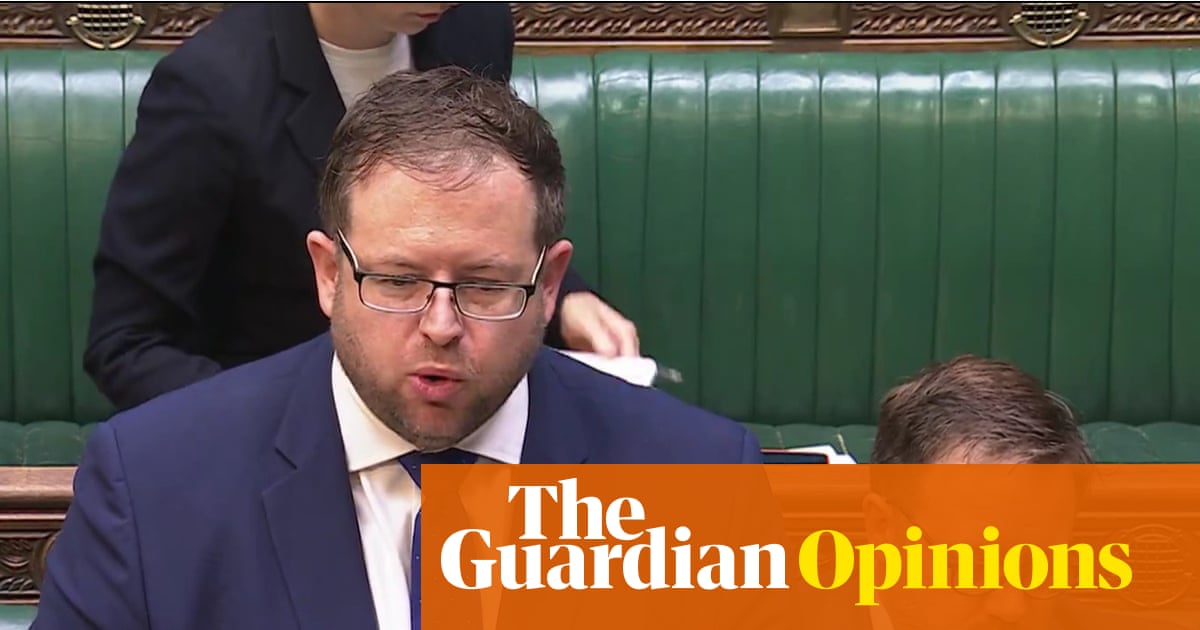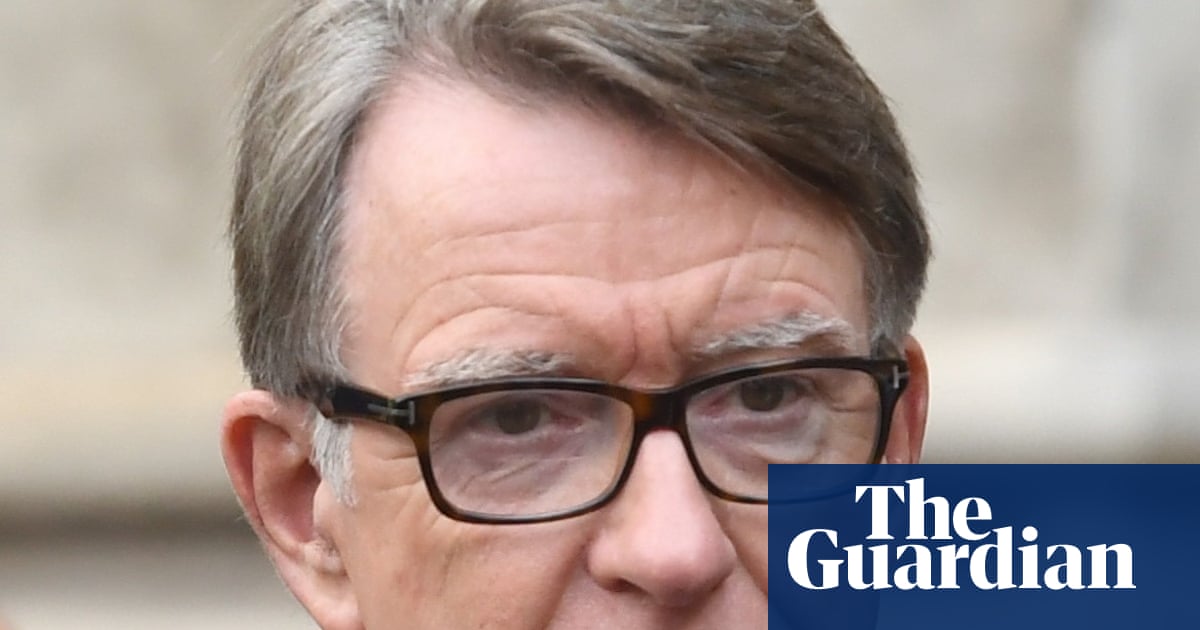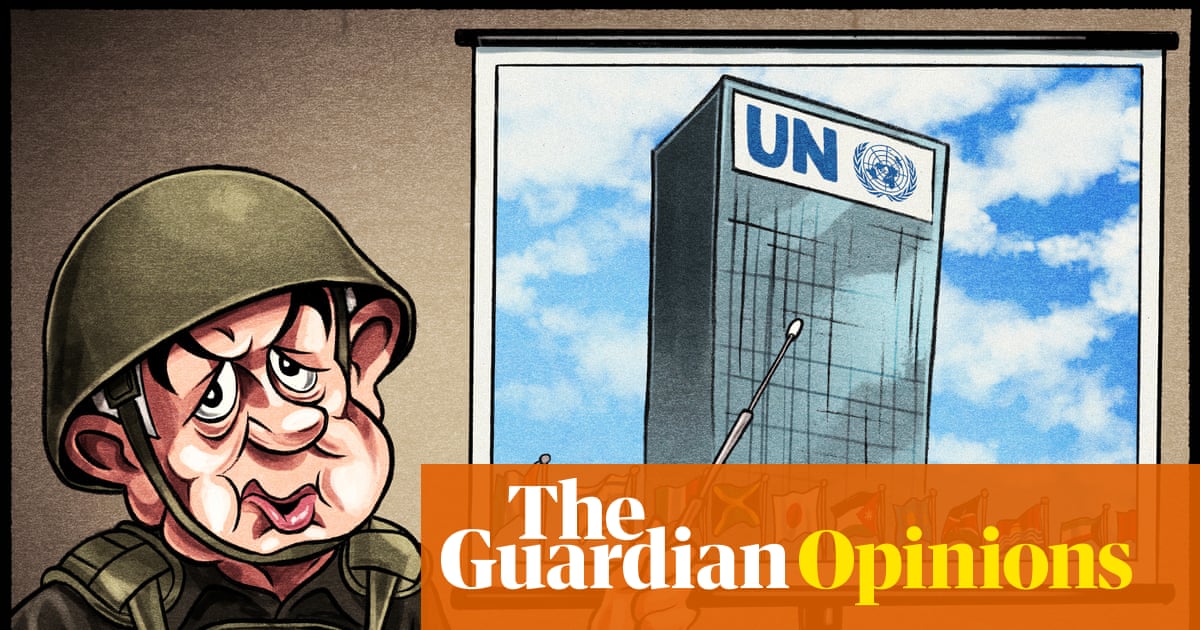Poles will cast their votes on Sunday in the closest presidential runoff since the fall of communism, in an election that pits two different visions of the nation against each other.
In Poland’s previous election in 2020, the conservative populist incumbent Andrzej Duda narrowly won the second-round vote against the pro-Europe mayor of Warsaw, Rafał Trzaskowski, by 51% to 49%.
This time it could be even closer. Polls show the difference between Trzaskowski and the nationalist rightwing historian Karol Nawrocki, who is backed by the Law and Justice party (PiS), which ruled Poland from 2015 to 2023, to be within the margin of error.
At stake is whether the coalition government led by Donald Tusk, Trzaskowski’s political patron, will be able to pursue its progressive agenda or see it further blocked by a critical opposition president armed with the power to veto laws.
In Siekierczyn, a rural municipality with 4,265 residents across eight villages in the south-west of Poland, the first round was decided by a single vote, catapulting the hitherto unknown area into the spotlight.
“You probably often heard ‘my vote won’t change anything’. But look at Siekierczyn,” the winner, Trzaskowski, said in a social media video, rallying voters before the runoff.
Noticeboards in the village are plastered with posters of candidates, and the mayor, Dariusz Furdykoń, 48, cherishes the attention that comes with the close result. The area faces challenges with rural revitalisation and energy transition, he says. In 2023, he turned a neglected bathing pond into a colourful outdoor playground; a new sports hall is to open this year.
But he worries about depopulation as more people died (46) than were born (26) last year, and younger people leave for cities or seek work in Germany or the Czech Republic.
Emotions are running high, he admits. “These differences come out at the dining table, during first communion, Christmas or Easter. The rift is between older, often less-educated people, and younger ones, who have been out and about,” he says.
“Some are voters, others are believers. But what can you do? You need to talk with them, try to find a way forward.”
In the first round, about 60% of residents cast votes. “But the weather was awful,” Furdykoń says. On Sunday, he hopes to see more come out; the municipality will even run a special bus service to polling stations.
In the early afternoon, the sleepy village turns into a hive of political campaigning as a group of Nawrocki voters meet to chat to the conservative TV channel Republika.
Standing by their pickup emblazoned with Nawrocki’s poster, Henryk, a former councillor, and Janina Wójcik say they want “a candidate who, however lofty it sounds, serves Poland’s interests best”.
They feel that “someone wants to take our freedom, our statehood,” as they worry about plans to create “a European army” and EU green policies. In contrast, the Donald Trump-backed Nawrocki is a Catholic and will guarantee their state pension payments and free prescriptions, they say.
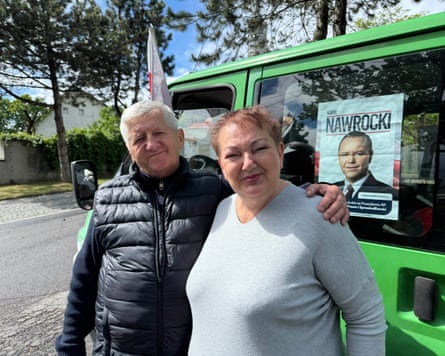
Others rush to point out that Trzaskowski only came first because of a polling station inside a prison, where he won by 77 votes. “People in the village didn’t vote for him; prisoners did. Not something to brag about, is it?” says Teresa Zembik, 62.
Her husband, Wojciech, 63, is head of the local PiS branch and he doesn’t mince words. Political conflict “runs through families here”, he says. “These are not just political views, it’s a continuation of the war, and Poland is at stake. One group wants to fight for Poland, the other to destroy it in the interests of Russia and Germany.”
after newsletter promotion
As the group crosses the road from the parish church, another man splits from it and tears down a Trzaskowski banner on a nearby house.
Its resident Monika misses the drama. When told about the incident by children, she pulls her phone out. “I will get another one up,” she laughs.
She wants a “tolerant, clean and peaceful Poland” and rejects the dismissive tone about prison voters. “Folks make mistakes but then make amends. People are people.” Her daughter got her dad to vote for the first time this year. Maybe that won the first round, she wonders.
She is not the only one to stake that claim. Picking up children from school, Mariola says her son turned 18 recently and voted for the first time, so it’s his vote that swung it for Trzaskowski. “I want to get reforms going,” she says, pointing to women’s rights – “the right to choose” – in particular.
At a local supermarket, two Nawrocki voters, Dominik and Janusz, joke about another neighbour who also says he decided the vote. But they are tired of “dirty campaign tricks” against their candidate.
They shrug off that Nawrocki took part in an organised fight between 140 football hooligans20 years ago (he called it an act of “noble combat”), and distrust reports he was allegedly involved in procuring sex workers while working as a student security guard at a hotel (a claim he strongly denies).
Instead, they focus on the here and now, and want Nawrocki to lower national insurance payments for entrepreneurs. As president he could propose legislation, but he wouldn’t have a majority in parliament – at least for now.
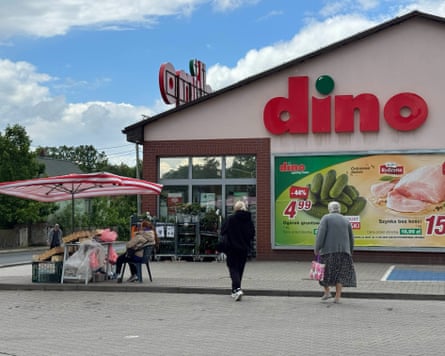
Despite the fevered atmosphere, there are still some voters who are yet to make up their minds. Wioletta, 44, voted in the first round for the libertarian far-right candidate Sławomir Mentzen, who came third, and she doesn’t like the remaining candidates. “But I have to go. I’ll decide at the polling station,” she says.
Adam, 40, says: “None of them convinced me yet.” He plans to watch YouTube and read up over the weekend.
Aleks Szczerbiak, a professor of politics at the University of Sussex, said it was “very, very close,” with 5% yet to pick a side. It “might mean you get … disillusioned government supporters coming out in spite of everything” for Trzaskowski, or older voters who skipped the first round mobilise to back Nawrocki, or see another minor movement that could ultimately decide the result, he said.
The diaspora vote could play a role, too, with about 700,000 registered voters abroad, including 185,000 in the UK.
Ben Stanley, an associate professor at SWPS University in Warsaw, said: “The outcome is impossible to predict. There are too many moving parts, and even the slightest change on the day could tip the balance.”
For what it’s worth, it is expected to rain again in Siekierczyn on Sunday.

 3 months ago
122
3 months ago
122



